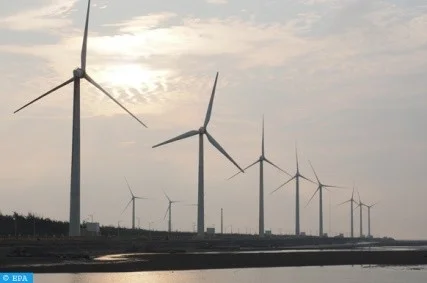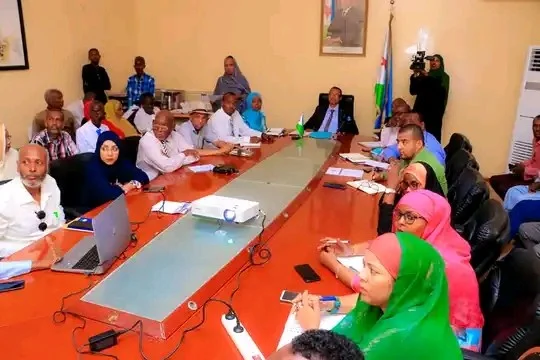Djibouti calls for prioritizing the least developed countries in facing the challenges that are affecting our world
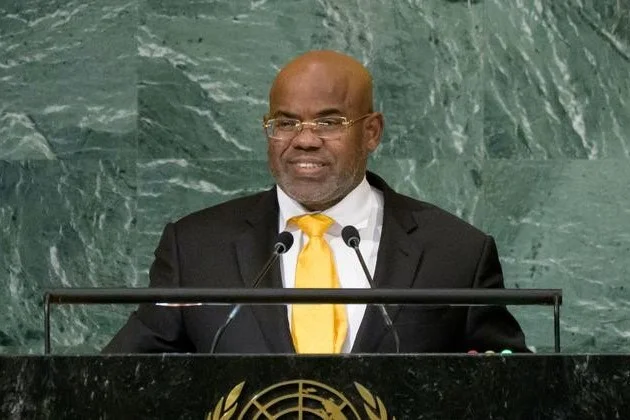
Ambassador Mohamed Siad Doualeh expressed his gratitude to Qatar for hosting the Fifth Conference on Least Developed Countries, expressing his hope that the conference would provide an opportunity for the international community to help these countries overcome the structural obstacles they face.
He said that his country is facing the repercussions of external shocks, including the increase in food prices due to the war in Ukraine, noting that these factors have led to a slowdown in growth, “but they have not undermined our determination to make Djibouti a stable, peaceful, clean, and secure country and create an environment for private initiatives.”
A national plan with three elements
The Djiboutian ambassador said that his country has developed a national development plan (2020-2024) that includes three elements: integration, communication, and institutions. He provided a brief explanation of this national plan.
Regarding integration, Ambassador Mohamed Siad Doualeh said:
“We seek to reconsider the sustainable development model to be more inclusive and benefit from various initiatives to enhance production and exchanges and ensure a fairer distribution of the fruits of growth among citizens.”
As for communication, he explained:
“We seek to make Djibouti a center for regional and continental economy and ensure better integration in order to achieve rapid rural and urban development and provide economic and social services.”
Regarding the third aspect of the national plan, which revolves around institutions, the Djiboutian ambassador said:
“It aims to enhance the human and institutional capacities of the country in order to promote freedoms, rights, democracy, stability, transparency of institutions, and achieve social cohesion.”
He said that his country is determined to achieve the goals outlined in this plan, noting that Djibouti relies on the support of its partners from friendly countries.
Djibouti is not immune to the effects of climate change
On the other hand, the Permanent Representative of Djibouti to the United Nations said that climate change poses an existential challenge to humanity as a whole, and praised the Egyptian presidency of the 27th Conference of the Parties, which placed this conference at the core of fulfilling commitments and mobilizing the necessary financial resources and investments to address climate change.
He affirmed Djibouti’s commitment to implementing the Paris Agreement “despite not contributing significantly to greenhouse gas emissions,” noting that his country seeks to exclusively use clean energy by 2035.
He said that his country is affected by climate change, especially drought, sea level rise, floods, and increased salinity of water resources.
Combatting AIDS, tuberculosis, and malaria
He also welcomed the convening of the Seventh Replenishment Conference of the Global Fund to Fight AIDS, Tuberculosis, and Malaria, held by US President Joe Biden, expressing his hope that the conference’s outcomes would contribute to “strengthening the resilience of our health systems and preparing them to face future challenges.”
He said that his country closely follows the discussions on the international treaty on pandemics, which will be a step forward in determining a more suitable international approach and providing appropriate tools for pandemic preparedness.
He called for learning from previous pandemics and added:
“We are striving to prioritize Africa by strengthening health institutions and health workers, enhancing vaccine production, establishing partnerships, and increasing national resources.”
 Algeria
Algeria Bahrain
Bahrain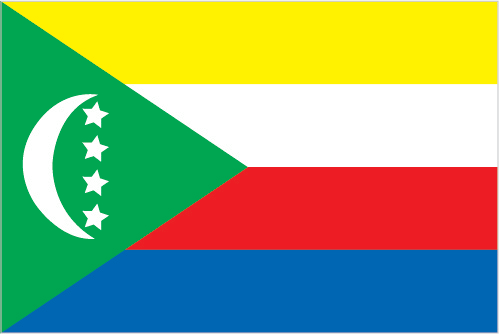 Comoros
Comoros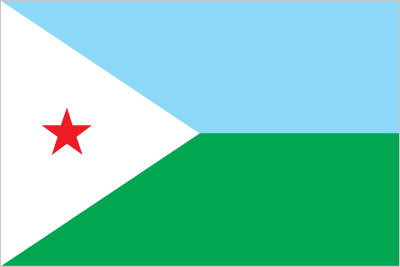 Djibouti
Djibouti Egypt
Egypt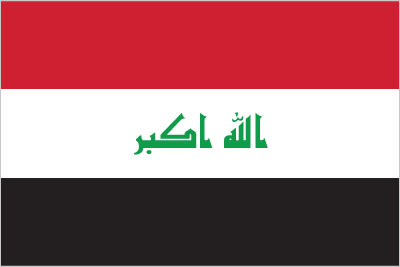 Iraq
Iraq Jordan
Jordan Kuwait
Kuwait Lebanon
Lebanon Libya
Libya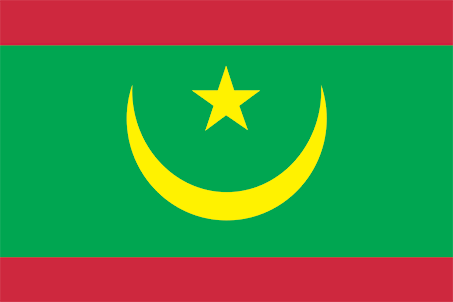 Mauritania
Mauritania Morocco
Morocco Oman
Oman Palestine
Palestine Qatar
Qatar Saudi Arabia
Saudi Arabia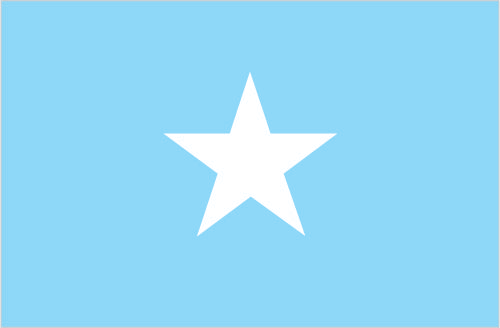 Somalia
Somalia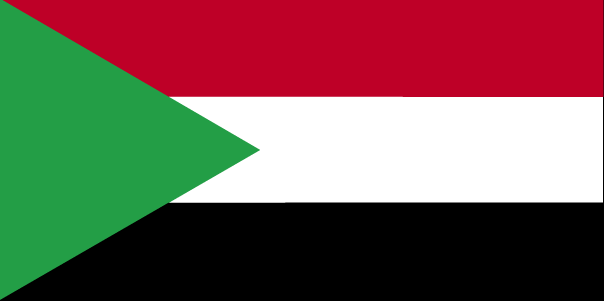 Sudan
Sudan Syria
Syria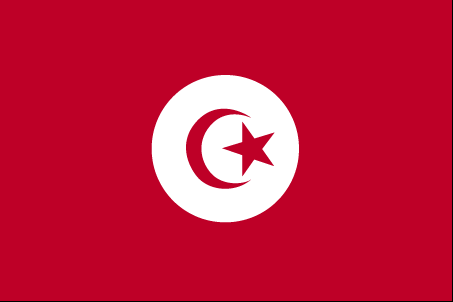 Tunisia
Tunisia UAE
UAE Yemen
Yemen